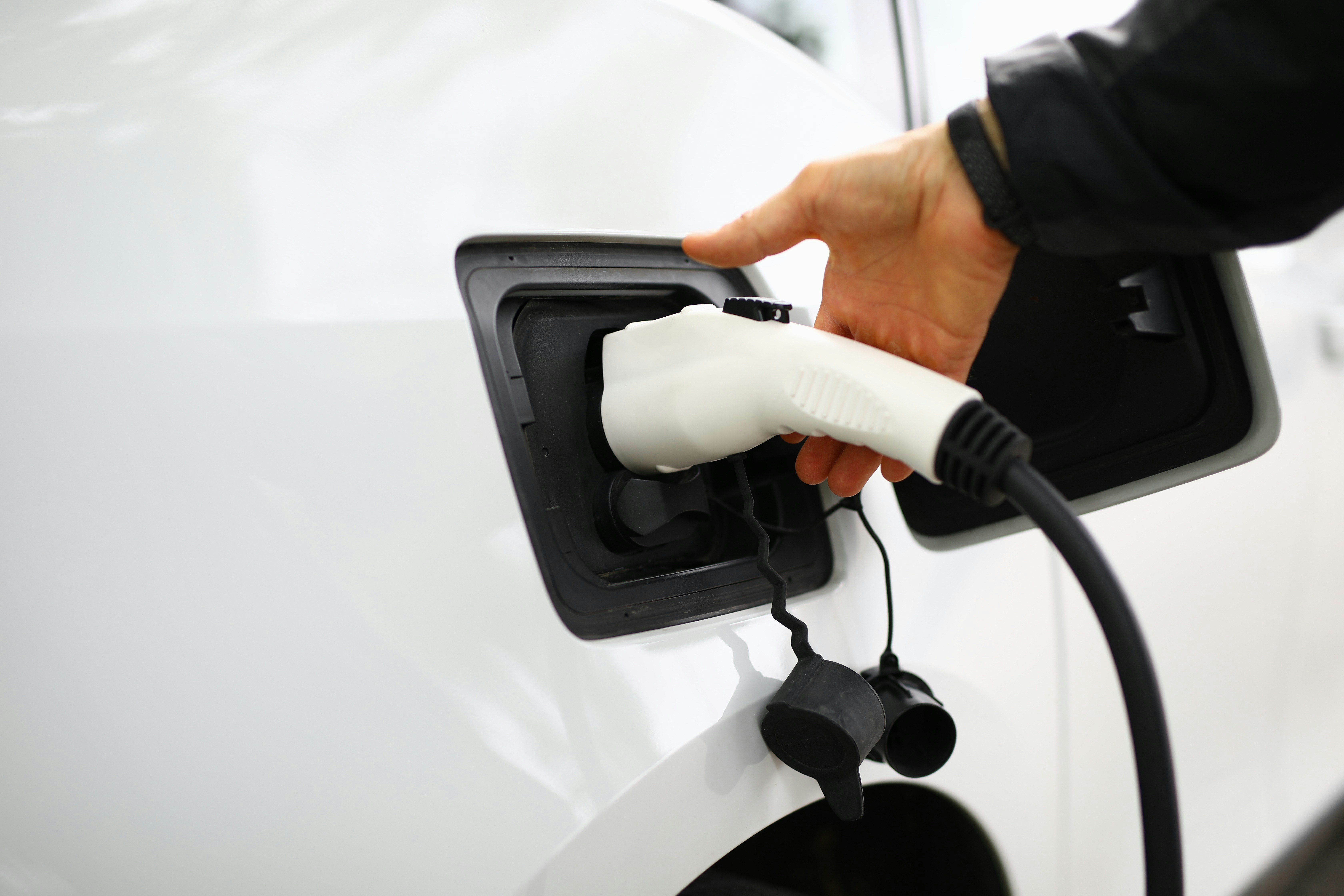At the service of the electricity system: how can electrified transport support in times of crisis?
Electrified transport is an important key to society's green transition – but can it also strengthen our electricity system and make it more robust in times of crisis? A new project, funded by the Swedish Energy Agency and led by IVL Swedish Environmental Research Institute in collaboration with RISE and LTH, is investigating just that.
Cecilia Schubert – Publicerad den 12 December 2024

The project explores how electric vehicles, through smart bi-directional charging, can act as energy storage in the event of various types of disruptions. From deliberate attacks on the energy system to storms that knock out parts of the electricity grid, the aim is to understand how electric vehicles can help keep critical functions, such as hospitals, schools and emergency services, running.
From extreme weather to cyberattacks
Gotland has been chosen as a case study due to its unique conditions: a limited electricity system and high security policy importance make it particularly relevant to study the ability to maintain the operation of all or part of Gotland's electricity system during crises.
– Gotland is particularly relevant because the island is in the middle of the Baltic Sea and is a security policy focus area,’ says André Månberger, a researcher at LTH and one of the researchers involved in the project.
He is responsible for creating scenarios of possible disruptions on Gotland, from wartime attacks to weather-related disruptions that could affect the island.
– As part of Russia's war against Ukraine, the electricity system has been attacked. It is primarily central and large-scale nodes in the electricity system that they have targeted as these provide the greatest disruption in relation to the means used by Russia. Small-scale nodes, on the other hand, have not been targeted to the same extent, which provides us with important lessons,’ says André Månberger.
Collaboration across disciplines
The project brings together expertise from several fields, from energy modellers creating scenarios for the electricity system to policy experts analysing regulatory barriers. According to the researchers, small adjustments in legislation can make a big difference in how electric vehicles can be used as backup.
– We are also analysing what kind of disturbances electric vehicles can handle and how much energy storage capacity is needed to maintain different societal functions,’ says André Månberger.
An important part of the project is prioritization, says André Månberger. In case of weather-related disruptions, it may be acceptable for some activities to operate at lower performance, while critical societal functions, such as the energy needs of hospitals, require immediate and efficient solutions.
Co-creation in focus
The project is based on co-creative research, where actors such as the County Administrative Board, the Swedish Armed Forces, Svenska Kraftnät and public transport contribute with their perspectives.
– It's fantastic to work with so many different partners from the field. Everyone brings unique insights, and together we can identify relevant issues and realistic solutions,’ says André Månberger.
Robust energy systems of the future
The project will run until 2027 and will deliver policy recommendations, strategies and scientific papers. The ambition is that the results will be applicable not only on Gotland but also in other parts of Sweden and that the project will also contribute to method development.
– Electrified transport is not only about sustainability but also about strengthening society's resilience to disruptions. This project shows the potential that exists if we use the technology in the right way, concludes André Månberger.

André Månberger
André Månberger is a Senior Lecturer in Environmental and Energy Systems Studies and a member of the LTH Profile Area Energy Transition.
Project: How can electrified transport support crisis response?
The project "How can electrified transport support crisis response" is led by the Swedish Environmental Research Institute (IVL). LTH and RISE are included as project partners. The project is financed by the Swedish Energy Agency.
Read more on the website of the Swedish Environment Institute: How can electrified transport support crisis response - IVL.se
